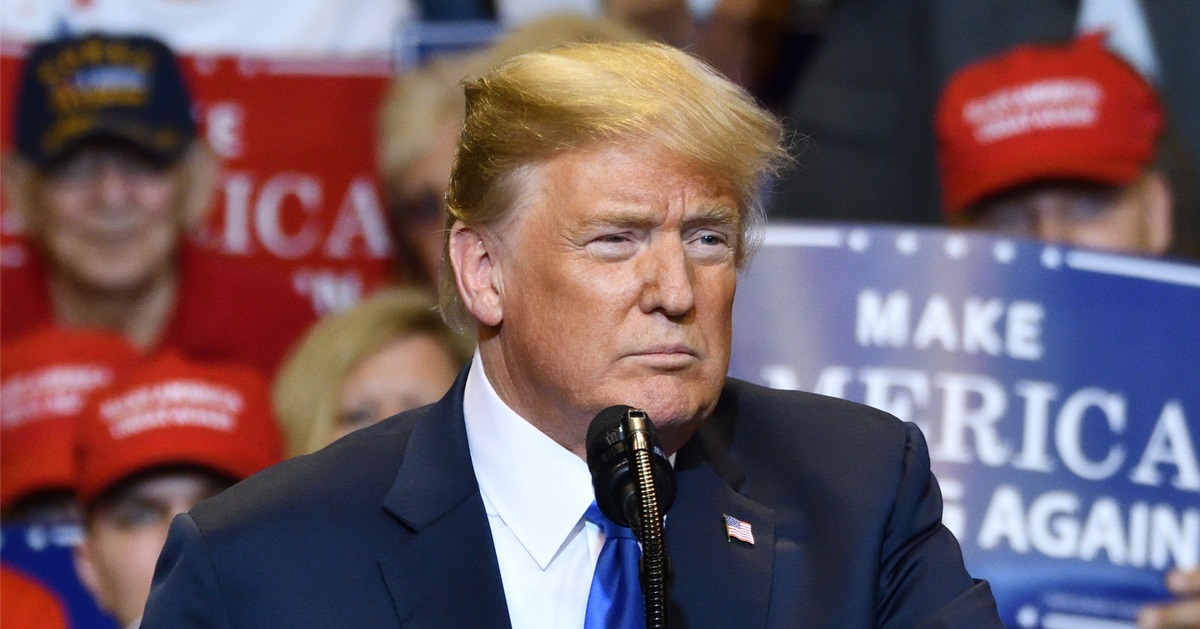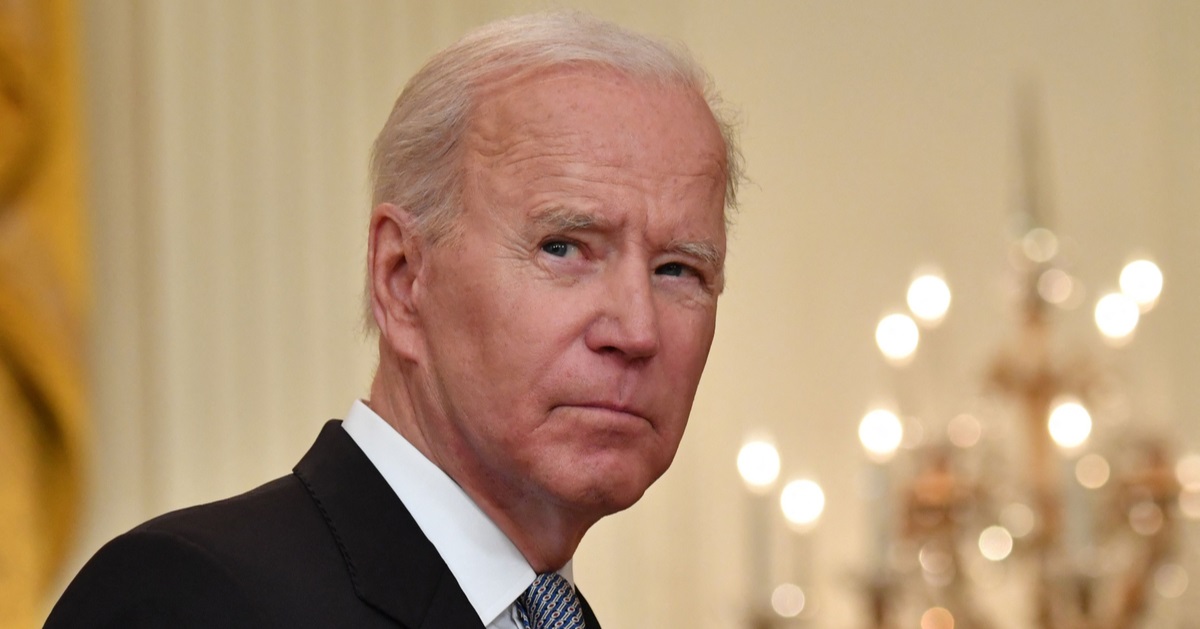Ohio governor vetoes medical free speech bill
The governor of Ohio has just vetoed a part of a bill that looked to protect the free speech of medical professionals.
The Associated Press reports that Ohio Gov. Mike DeWine (R) did so on Thursday.
This move has come to the surprise of many for various reasons, including that DeWine is a Republican and that Republicans, generally, are on the side of free speech for all.
DeWine, though, apparently found a reason not to allow this particular law to go forward.
House Bill 315
The Columbus Dispatch details the bill that was recently passed by the Ohio legislature.
According to the outlet, it "would have barred state health regulators from penalizing providers who share unconventional and potentially harmful medical opinions."
The outlet goes on to report:
The vetoed section of the bill would have prohibited the Ohio Department of Health, Board of Pharmacy and State Medical Board from disciplining health care professionals who express a medical opinion that doesn't align with their views.
And, this bill did not just come out of nowhere. The Ohio legislature passed it after the Ohio Medical Board suspended the license of a doctor who made claims about the COVID-19 vaccines that the board found unacceptable.
The big question, of course, is why DeWine vetoed the bill.
The answer
First, DeWine did not veto all of the bill. In Ohio, the governor has the "line-item veto," which means that, unlike in other parts of the country, the governor is not required to veto an entire bill. He or she, for example, could veto only a part of it.
The part the DeWine signed, according to the Dispatch:
Notes the World Health Organization doesn't have jurisdiction in Ohio. Bars state and local governments from issuing public health guidelines that ban the prescribing of off-label drugs. Ensures hospitals can't deny nutrition or fluids to patients unless requested or necessary for a medical procedure.
But, he did veto the part that would have given free speech to medical professionals.
He explained his decision, claiming that allowing the provision to proceed would have had "devastating and deadly consequences for patient health."
"Ohio’s medical licensing boards exist to protect patients and the public from bad actors in the medical field," he said, arguing that the relevant part of the bill would have "totally gutted" the state's ability to regulate perceived misconduct within the medical community. Not everyone, however, agrees with DeWine on this one.




